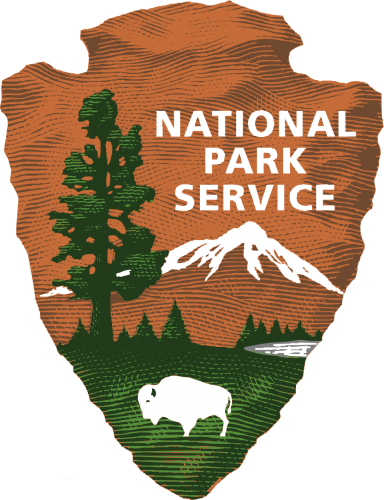WASHINGTON (BRAIN) — The Public Employees for Environmental Responsibility and a coalition of conservation groups are the primary plaintiffs in a lawsuit against the National Park Service for allowing e-bikes on non-motorized trails.
Peer charges that Interior Secretary David Bernhardt and Deputy NPS Director P. Daniel Smith regularly met in private with an industry-dominated advisory committee called the "E-bike Partner & Agency Group" at Interior headquarters and through conference calls. The suit says the meetings violate the Federal Advisory Committee Act, which requires transparency to prevent secret lobbying.
"The impetus from industry is not surprising given that, as a former industry lobbyist himself, Secretary Bernhardt is known for hearing industry concerns and not public concerns," said PEER Executive Director Tim Whitehouse in a release.
Whitehouse later told BRAIN the NPS' decision is an example of how an agency is not supposed to act.
"The use of e-bikes on many trails in the National Park System will negatively impact hikers, bicyclists, horseback riders and other users and strain the service's ability to handle accidents and injuries," Whitehouse said. "Most trails should be off-limits to motorized bikes, including e-bikes."
Whitehouse also noted that other Bernhardt NPS directives, such as prohibiting parks from trying to limit plastic bottle sales, are a form of commercialization affecting policies.
"E-bikes represent another inroad of commercialized recreation into our national parks," Whitehouse said.
An NPS spokesperson told BRAIN it disagrees with the lawsuit's premise.
"We will continue to work with park superintendents to implement our common sense e-bikes' policy," the NPS spokesperson said.
In August, the Department of Interior ruled all classes of e-bikes will be regulated as traditional pedal bicycles on non-motorized federal lands, which includes the NPS and Bureau of Land Management. That decision allows agencies to regulate e-bikes as they see fit, just like with traditional bikes.
The lawsuit, filed in District of Columbia District Court, also states the rule change evaded legally required environmental reviews and came from an official (Smith) who lacked authority to issue the change.
Co-plaintiffs are Wilderness Watch, Marin Conservation League, Environmental Action Committee of West Marin, Save Our Seashore, and three impacted individuals.
This is the second lawsuit against allowing e-bikes on non-motorized trails in the past two months. A group of trail and forest advocates sued the U.S. Forest Service in October for allowing Class 1 e-bikes on non-motorized trails in the Tahoe National Forest without first conducting a public study. While the Department of Interior oversees the NPS, the Department of Agriculture has jurisdiction over the forest service.
Class 1 e-bikes are pedal assist only with no throttle and have a maximum powered speed of 20 mph.


